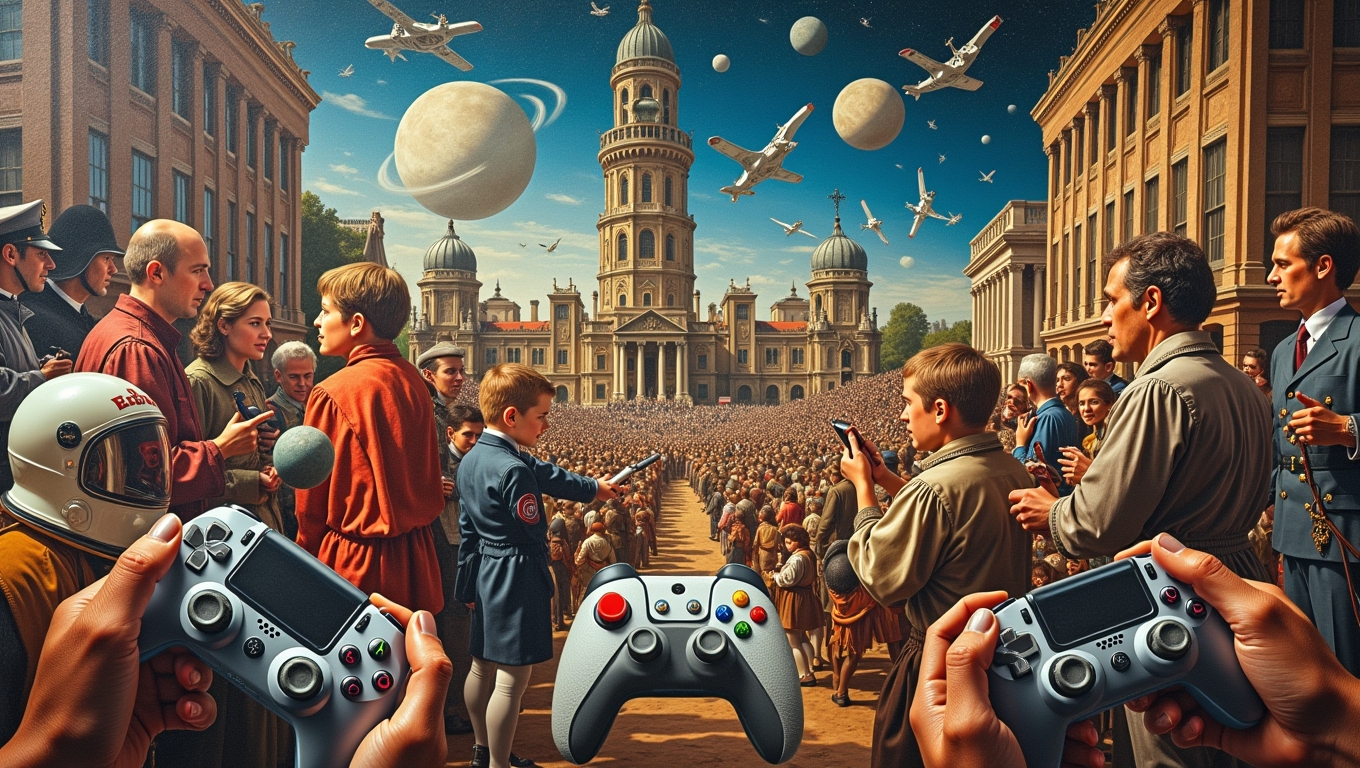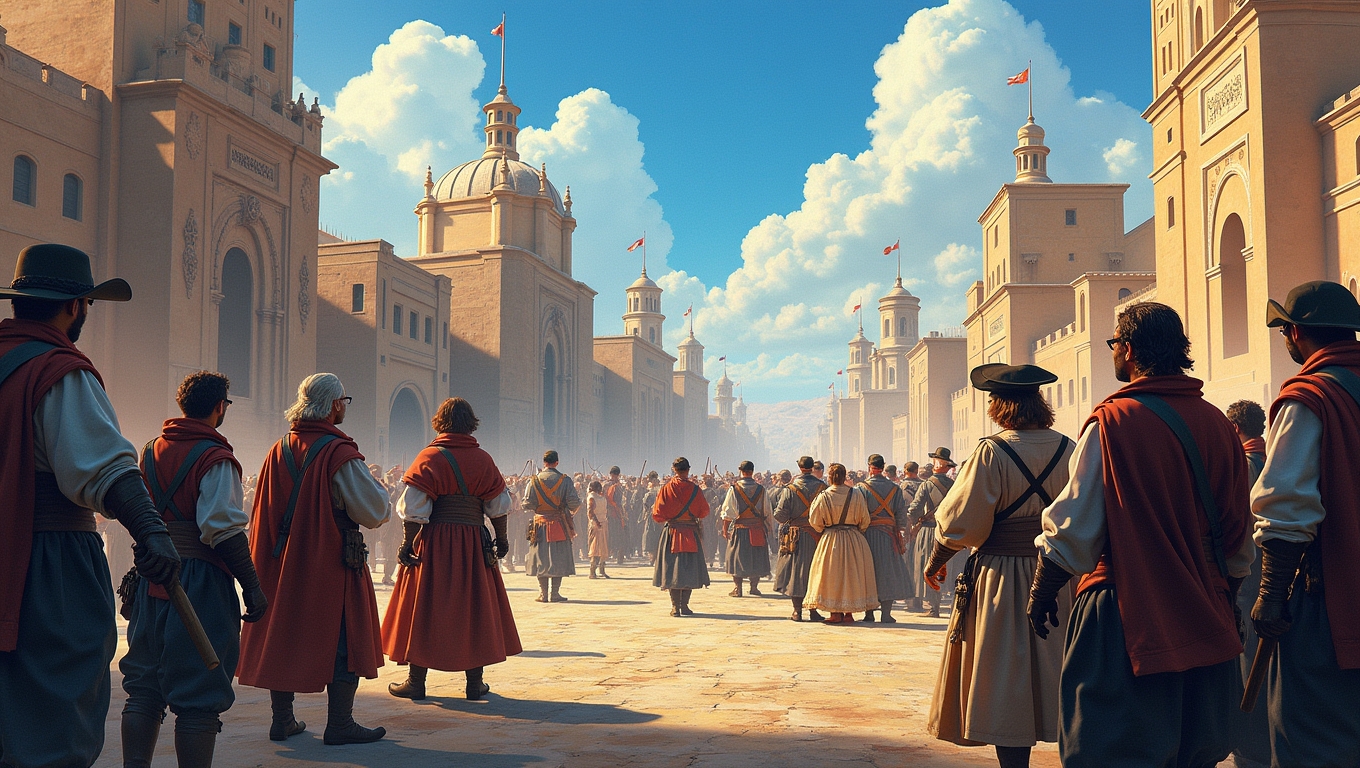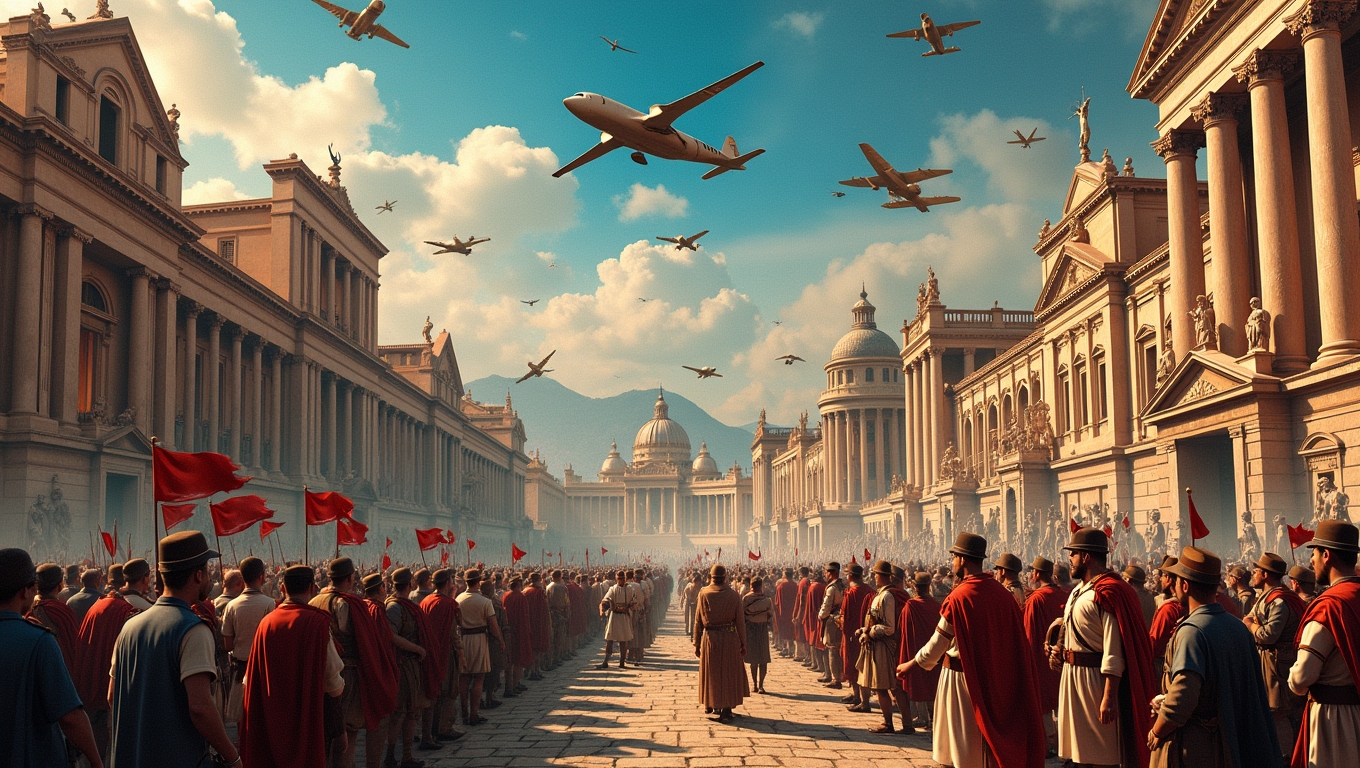Throughout the history of gaming, various historical events spark new game genres, influencing the way players engage with narratives, mechanics, and styles. As we continue to evolve in our understanding of history and technology, it is essential to explore how these events can inspire innovative gaming experiences. In this article, we will delve into some key historical moments that have the potential to shape future game genres.
The Renaissance: A Flourishing Era for Exploration
The Renaissance, known for its explosion of art, science, and exploration, could lead to new game genres that emphasize creativity and discovery. Imagine a game that allows players to step into the shoes of artists like Leonardo da Vinci or explorers like Christopher Columbus, navigating through beautifully rendered landscapes that reflect the period’s cultural richness. This genre could incorporate elements of resource management, artistic creation, and historical storytelling, allowing players to experience the spirit of innovation that defined the era.

The Industrial Revolution: Mechanics and Strategy
The Industrial Revolution marked a significant turning point in human history, introducing mechanization and new technologies. Games inspired by this period could focus on engineering, strategy, and resource allocation. Players might be tasked with building factories, managing labor forces, and innovating new technologies to outpace competitors. By integrating real historical challenges and triumphs, such games could offer a unique blend of simulation and strategy, challenging players to think critically about industrial advancements.
World War II: Tactics and Human Stories
World War II has long been a popular backdrop for games, primarily in the shooter genre. However, new genres could emerge by exploring the human stories behind the conflict. Games could focus on espionage, resistance movements, or the civilian experience during wartime. By shifting the narrative to personal stories, developers can create emotionally impactful experiences that resonate with players while maintaining tactical gameplay elements. This approach could open the door to narrative-driven games that emphasize moral choices and the consequences of war.

In addition to these periods, other historical events such as the Space Race, the Civil Rights Movement, and ancient civilizations provide fertile ground for game development. By examining how historical events spark new game genres, we can encourage developers to think outside the box and create innovative experiences that captivate players while educating them about our past. As the gaming industry continues to grow, the potential for new genres rooted in history remains vast and exciting.
Ultimately, the intersection of history and gaming presents a unique opportunity for creativity. By drawing inspiration from the past, developers can craft engaging narratives and gameplay mechanics that not only entertain but also enlighten players about the rich tapestry of human experience. As we look forward to the future of gaming, let us embrace the lessons of history and allow them to shape the next generation of game genres.
Some content and/or images on this page were created using AI.





